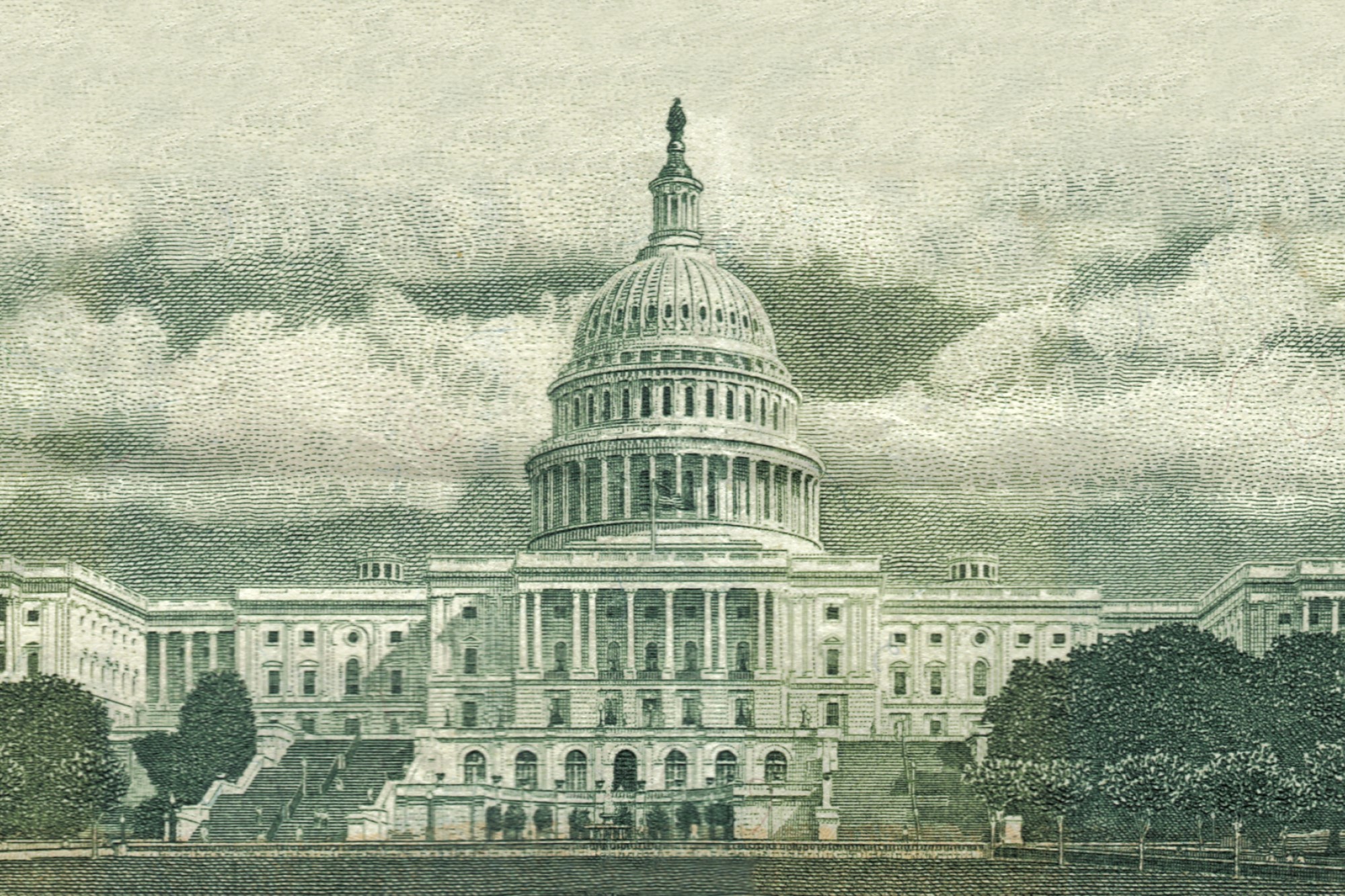On Deceit and Being a Bad Human

In the lead-up to the 2024 U.S. Presidential Election, a number of candidates and news outlets claimed the nation was in the throes of a migrant crime wave.
But no such crime wave exists.
In 2023, a record 2.3 million immigrants crossed the southern U.S. border. Yet in that same year, the border states of Texas and Arizona saw 15% and 8.8% reductions in violent crime respectively. And that’s precisely what we’d expect, given the numerous studies showing that undocumented immigration doesn’t increase violent crime. In fact, it decreases it. That’s because migrants commit crimes at a far lower rate than others. In fact, relative to undocumented immigrants, U.S.-born citizens are over 2 times more likely to be arrested for violent crimes, 2.5 times more likely to be arrested for drug crimes, and over 4 times more likely to be arrested for property crimes. Even absent this data, the very notion of a migrant crime wave should invite scepticism. Why? Because it defies common sense. Why would someone who has sacrificed so much for a better life in the U.S. jeopardize all that by committing a crime, thereby risking detection and deportation?
Yet many doggedly believed these deceits (alongside similarly tall tales like other immigrants eating pets and schools secretly sending children for gender-affirming care). In some cases, these claims were downright lies. In others, however, they might better be categorized as mere bullshit. (Yes, that’s a technical term.) If I tell you something that I know to not be true, I lie. But if I tell you something without knowing or caring if it’s true, I bullshit. Suppose I see my neighbor preparing to spend the day blowing leaves around his garden – a practice I vehemently despise. He looks up at the sky in concern, and asks me if I think it’ll rain. Without a second thought, I respond with “Yes, definitely.” In doing so, I don’t lie. Perhaps it will rain today. Or perhaps it won’t. I don’t actually know. I say what I say merely to bring a stop to my neighbor’s leaf blowing plans.
When we bullshit, we don’t set out to convey truth or falsity, but to achieve some other goal. And that’s precisely what’s going on with fabricated crises like the migrant crime wave. They’re meant to achieve a particular purpose – to manipulate people to vote in a certain way.
Whether by lie or bullshit, deception is morally problematic. And we don’t have to look very far to find an ethical theory that explains why. But so, too, can it be wrong for us to allow ourselves to be deceived. After initiating my online investigation into the “migrant crime wave,” it took me less than two minutes to uncover troves of peer-reviewed, empirical data laying bare the deceit that so many had insisted on spreading. Put simply: we have little excuse for ignorance. This is important, because – as my fellow author, Wes Siscoe, has previously argued – there is an obligation on us to be intellectually responsible.
And that’s where philosophy comes in.
As teachers, we like to think we make a difference. We like to think the lessons we teach will make a lasting and meaningful impact on our students. But I’m not naive. I don’t expect that, years from now, my students will remember the Hohfeldian incidents of rights, or that they’ll be able to flawlessly recite the Humanity Formulation of Kant’s Categorical Imperative. My hope, however, is that they’ll remember the methodology of philosophy, if not its content.
I begin each of my classes by telling my students that philosophy is, in its most basic form, all about thinking carefully. It’s about taking a look at our beliefs and asking ourselves why we believe the things we do. We shouldn’t hold a belief merely because it’s popular, or enduring, or because it’s dictated to us by those in power. Instead, we should adopt beliefs because they’re supported by good reasons. Why? Why not simply adopt the beliefs that are most convenient, or most compatible with the way we already see the world? Because false beliefs aren’t helpful. And the better our reasoning – the more careful we are in selecting the beliefs we adopt and reject – the more likely we are to hold beliefs that are true.
The hope harbored by myself (and, I assume, many other teachers of philosophy) is that somewhere down the road, some of this will stick. That one day one of our students will think just a little more carefully about one very important belief, and in doing so make a better decision than they might otherwise have made.
The ability to think carefully is of critical importance in our political decision-making. Why? Because our political choices are moral choices, and those choices can harm others. And here’s the thing: When we allow our rationality to be circumvented, we not only risk being a bad human, but also being a bad human. How? Porphyry of Tyre defined man as a “rational animal.” What makes us unique among the animal kingdom, then, is our ability to act with reasons. Thus, on this definition, when we allow ourselves to be deceived – when we fail to do the bare minimum of due diligence in investigating the claims of others – we also fail at being human.




